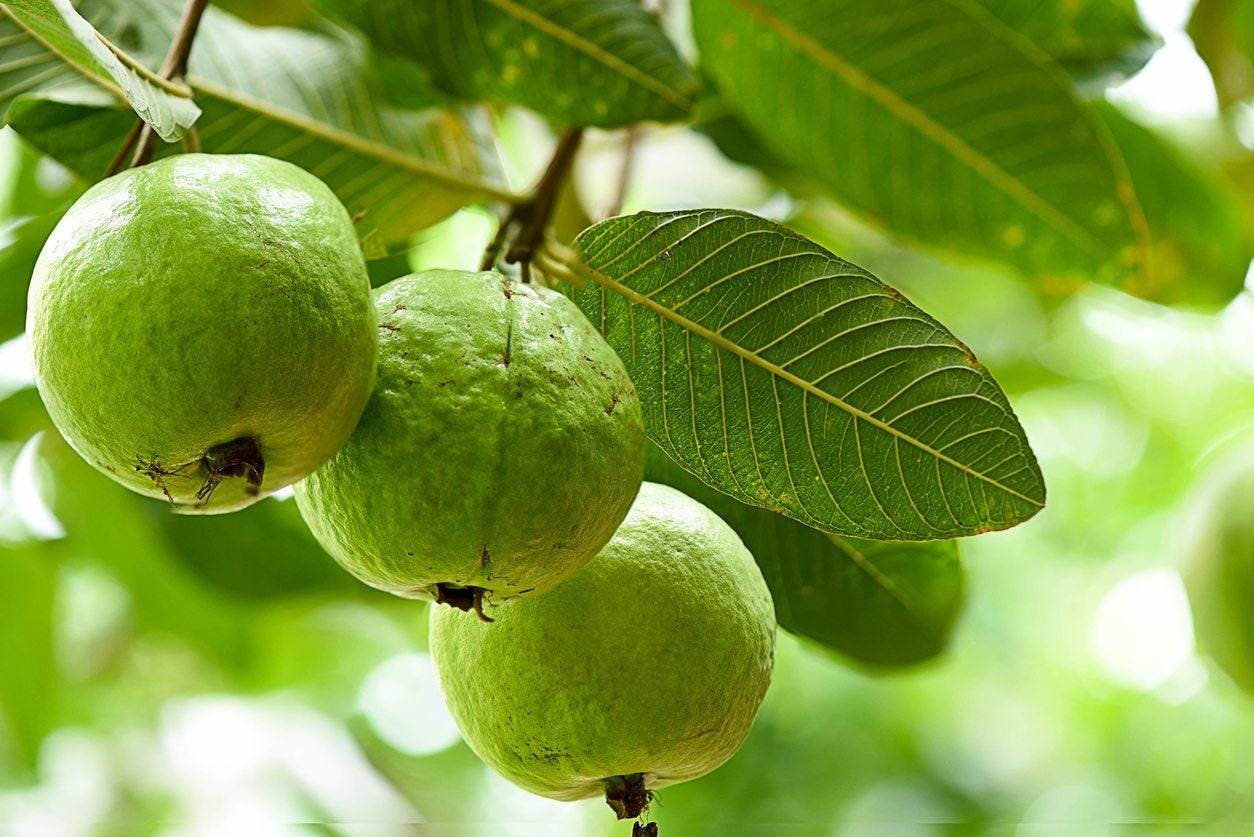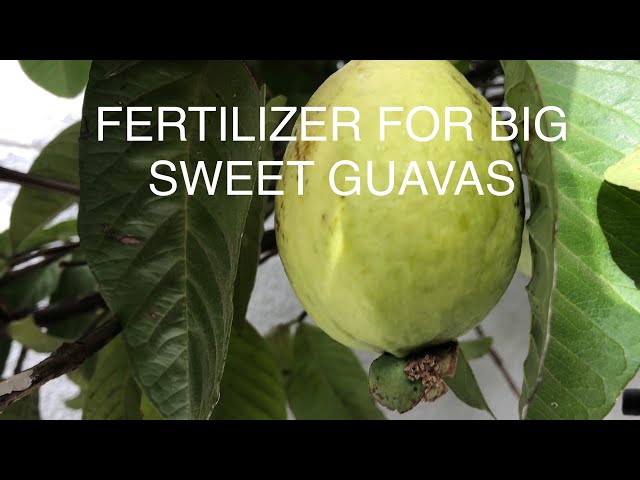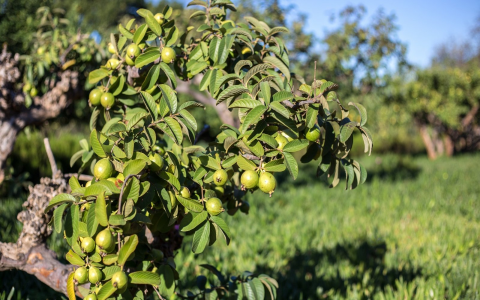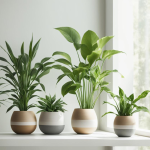Alright, let’s talk about fertilizing guava trees, you know, the things that give you those tasty fruits. I ain’t no fancy scientist or nothin’, but I’ve been growin’ stuff my whole life, so I know a thing or two.
First off, you gotta understand, these guava trees, they’re like hungry kids. They need food to grow big and strong, and give you lots of them yummy guavas. And that food? Well, that’s what we call fertilizer.

Now, there’s all sorts of fancy names and numbers when it comes to this fertilizer stuff. You got your N, P, and K, and all that. Honestly, it’s enough to make your head spin. But don’t you worry none, I’ll make it simple for ya.
- The Basics: Just like us, trees need stuff to grow. They need nitrogen, phosphorus, and potassium. Think of it like this: nitrogen is for the leaves and branches, phosphorus is for the roots and flowers, and potassium is for the fruits, making them sweet and juicy.
- The Numbers Game: You’ll see bags of fertilizer with numbers like 10-10-10 or somethin’ like that. That just tells you how much of each thing is in there. A 10-10-10 mix means it’s got equal parts of nitrogen, phosphorus, and potassium. For guavas, something like that works just fine. Don’t go gettin’ all stressed about perfect numbers, alright?
When do you start feedin’ these trees? Well, don’t go throwin’ fertilizer on a baby tree right away. Wait a bit, let it get settled in. I usually wait about a month after plantin’. Then, you can start givin’ it a little bit of food.
How much fertilizer? Well, don’t overdo it. You don’t want to burn your trees. Start small. Maybe a handful or two, spread it around the tree, not right up against the trunk, but out a bit, where the roots are. You know, like you’re feeding a chicken, spread the feed around so they all get some.
And how often? Well, that depends. If you’re usin’ that chemical stuff, the kind that comes in bags from the store, you probably don’t need to do it too often. Maybe once a month, or every other month, should be enough. But if you’re usin’ the natural stuff, like compost or manure, you can do it more often, it’s not so strong.
Speaking of different kinds of fertilizer, you got your choices. You got your chemical fertilizers, the kind you buy at the store. They’re quick and easy, and they work fast. But then you got your organic fertilizers, like compost, manure, even old leaves and grass clippings. They’re slower, but they’re better for the soil in the long run, you know, makes the soil healthy and alive.
Me? I like the natural stuff. I save my kitchen scraps, my coffee grounds, my eggshells, all that. I mix it up with leaves and grass, let it sit for a while, and then I use that to feed my trees. It’s like giving them a good, home-cooked meal, not that fast food junk. And another thing, that store-bought stuff can be expensive, and this way you don’t have to pay and not worry about it .
Now, some folks might tell ya, oh, you gotta use this brand, or that brand. But honestly, it don’t matter too much. Just look for something that’s got a good balance of those N, P, and K numbers. And if you go organic, just make sure it’s well-rotted, you don’t want to burn the tree with fresh manure, that happened to my neighbor once, poor fella ,almost killed his whole orchard.

And remember, water is important too. After you fertilize, give the trees a good drink. That helps the fertilizer get down to the roots where it needs to go. Think of it like washing down your dinner.
So, there you have it. Fertilizin’ guava trees ain’t rocket science. Just give ’em some food, not too much, not too little. Use the good stuff if you can, and water ’em good. And before you know it, you’ll be pickin’ baskets full of sweet, juicy guavas. You just gotta remember, a well-fed tree is a happy tree, and a happy tree gives you lots of good fruit.
And one more thing ,I almost forgot. Watch your trees, they will tell you if something is wrong .If the leaves are yellow or the fruit is small and not sweet ,you might need to give them more food. Or if the leaves are burned or the fruit is falling off too early,you might be overdoing it . Just pay attention to what your trees are telling you.




















